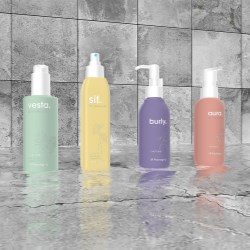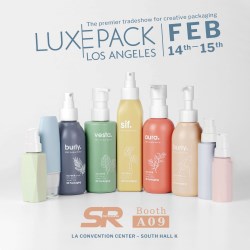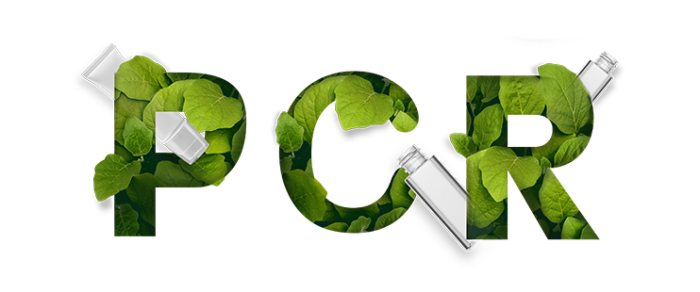

In Taiwan, waste recycling is an integral part of the daily routine. This is mostly due to the successful advocacy of government policy which ensures that glass & plastic bottles, metal cans, paper board, and household appliances are all recycled for reuse. In two decades Taiwan's recycling rate has increased from 5.87% in 1989 to a significant 52.51% in 2017.
Within the recycling process, SR Packaging occupies a role of optimizing post-consumer recycled resin for plastic packaging production, re-using plastic for beauty products and personal care items.
What processes does PCR go through before it is reused by SR Packaging?
- Collecting: Waste is gathered separately, identified as paper, metal, glass, plastics, and others.
- Manual Sorting: Plastics are manually sorted by identifying PET water bottles, PET juice bottles, PE milk bottles, and PE yogurt bottles.
- Shredding: The plastic is shredded into flakes.
- Density sorting: Plastic flakes enter a water stream to exclude other objects through density differentiation.
- Washing: The plastic flakes are washed ready for granulation.
- Granulating: The washed plastic flakes are melted, extruded and granulated to form PCR resin.
What quality assurance steps are taken prior to molding production by SR Packaging?
Once the PCR resin pallets are made, a number of quality assurance steps are required before SR Packaging can commence molding production.
- Universal testing machine is used to test the tensile strength and compressive strength of the PCR samples.
- Pendulum Impact Tester measures the impact resistance of the PCR samples in various standard test configurations.
- Spectrophotometer monitors the color of the PCR samples to ensure the molding components are within the required standards.
- Moisture Analyzer is used to control the moisture content of PCR plastic pellets as the right moisture content ensures trouble-free compounding and injection molding, for smooth surfaces and ideal mechanical properties.
- Precision Milligram Scale is used for measuring the density of plastic pellets to ensure both the degree of material purity and the overall quality.
- XRF Analyzer (X-ray fluorescence) determines the chemistry of the PCR samples, in order to meet RoHS heavy metal compliance.
- Melt Flow Indexer is used to measure the rate of extrusion of molten resins through a die of specified length and diameter under prescribed conditions of temperature, load and piston position in the cylinder for measuring the flow rates of polymer in producing process.
The recycling process and associated management of the facility for the waste plastic have been audited and meet the required standards for certification under the EuCertPlast Scheme for European Plastic Recyclers.
The PCR resin utilized by SR Packaging is audited and certified in compliance with the provisions of European RoHS - Total recycled plastics content. Furthermore, packaging made from PCR resin is qualified to apply for Blue Angel Eco-labelled products and services.
For further information about SR Packaging's role in the PCR recycling chain:
How is packaging waste transformed into new packaging? (Video)
Beauty brands can customize the PCR in their packaging with SRP
An added soft-touch for SRP's Squeezable PCR PE Bottle
SR Packaging's Sample Box for review and evaluation purposes




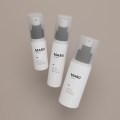
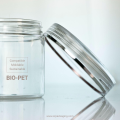
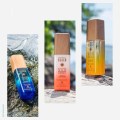
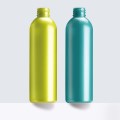
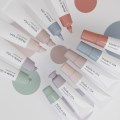
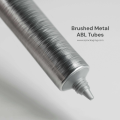
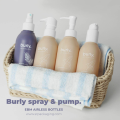
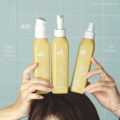

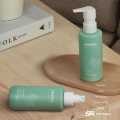
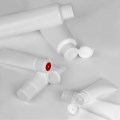
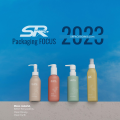

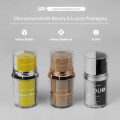
.jpg)

.jpg)
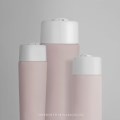
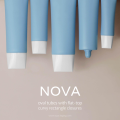
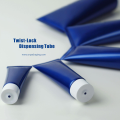
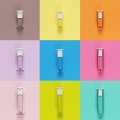

.png)
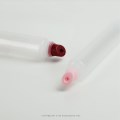

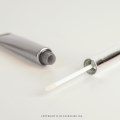
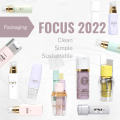
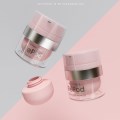
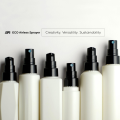
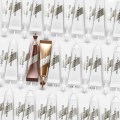

.jpg)








.png)
